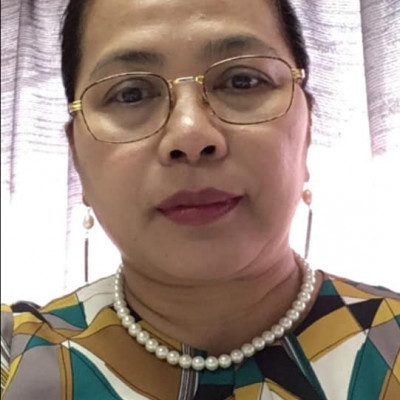Merissa Braza Ocampo
Fukushima Gakuin University
I'm affiliated at Fukushima Gakuin University, Fukushima City. I finished my PhD in Hokkaido University, Japan and focused my research on promotion of Mother and Child Health (MCH) care. As a health educator, I intend to broaden my perspective not only to physical health of individuals but also mental & psychological health as well. These days, we encounter different problems related to mental and psychological issues among students. However, we tend to forget, that we teachers too, are prone to anxiety, burnout, and stress (ABS). There are various ways to cope with ABS and one of them is learning to disclose ourselves to someone we trust through meditation. In this way, we can manage to improve both students' and teachers' well-being.

Sessions
Self-disclosure: A window on the mind of teachers
While the efficiency of subjective reporting and qualitative data, both solicited and unsolicited has come in and out of fashion since its inception (Hyers, 2018), such techniques promote a sensitive understanding of the particularities and conditions of individual lives. In this paper, three intimate teacher’s case studies will be reported. Self-compassion, self-care techniques, and even self-compassion fatigue were drawn from narrative group work, eight-week meditation, self-led mindfulness, and solicited diaries to enhance teachers' overall psychological and emotional wellbeing. Through the case studies of non-Japanese English teachers based in Tokyo, the presence of ongoing workplace stressors and lifestyle adjustments that impact teachers’ professional performance and private life satisfaction are identified. Based on the result of the narrative self-disclosure, one of the participants revealed that despite the pressure on her jobs such as a limited source of teaching materials, language barrier, and teaching in different schools, at least four schools, in a day made her psychologically, and physically exhausted. Being connected with her colleagues, frequent communication with her family, and self-meditation helped her to embrace her current situation positively. In addition, the benefits and associated challenges of using self-compassion techniques and mindfulness with education professionals are proven to be effective.